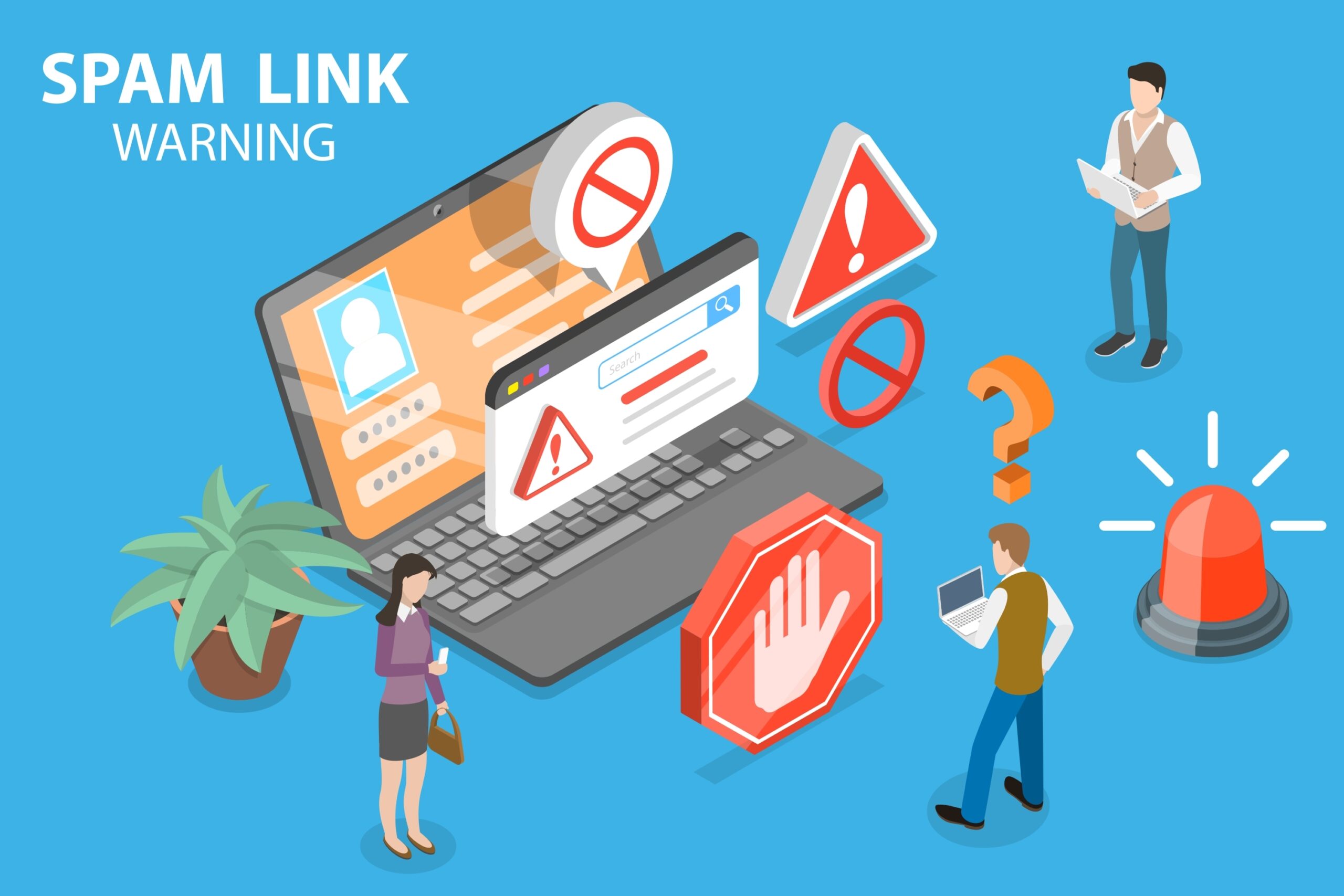7 QUICK Sites That Let You Check If a Link Is Safe

Use link checkers to ensure that the link you're about to click is not malware. Whether the link comes from a friend or colleague, clinking recklessly on unknown links is unwise.
Ransomware is one of the common security issues these days, and the main contributor to the rapid spread is people clicking dangerous links, mainly on social networks.
It won't hurt to incorporate a link checker that ensures you avoid costly traps.
How Does a Link Checker Work?
A link checker classifies URLs into two categories:
- The long URL normally starts with “www” and ends with top-level domains such as “.com.”
- Short URLs such as goo.gl/Z7hBac.
A link checker will detect malicious links no matter the category. It will inform you of links that may lead you to compromised sites and those that link directly to ransomware, malware, and other dangers.
Below are seven of the best link checkers to uncover the truth about every link you receive.
Norton, the online security giant, tops the list of ways to check a link for malware or viruses. Simply visit the site and paste your URL into the checking field to scan for malware. Once you click the search button, Norton will show the community reviews about the site and its current rating. The Norton Safe Web also allows you to create an account and lodge your voice on what you find out about the link.
In addition to the browser-based link checkers, Norton Safe Web has Chrome and Home Page Extensions to enhance safe search in your search engines.
ScanURL is another powerful checking tool to consider. It is an independent website that uses HTTPS connection to address all your link queries. The link checker has good results and allows you to leave a comment about the link to help others avoid it.
Use the ScanURL to poll Web of Trust, PhishTank, and Google Safe Browsing Diagnostic. The site will also provide the link's whois record. The results should clearly indicate whether to visit the site.
Avoid links with sites listed as “dangerous.”
ScanURL checks several tools and other link checkers (including some in this list) to determine the safety of any link. It then applies a permanent URL to the results, which you can copy and share with other concerned parties.
PhishTank tells you if a link harbors a phishing operation. Simply paste the URL you suspect of phishing, and PhishTank will confirm. The site sends instant results once it finds the link in the tank.
So, use PhishTank if you are concerned about links that put your personal data at risk. Identity theft cases emanate from phishing operations, and you can avoid them by using PhishTank.
Google has a handy link checker that comes with a convenient search bar. It takes seconds to activate Google's web crawlers and generate results.
The transparency report alerts you about malware and phishing risks. It understands the great concern associated with phishing and makes sense to ensure that you only visit safe sites.
VirusTotal is a browser-based multi-purpose tool that analyzes URLs and files to detect malware. Simply visit the site, paste the link on the “URL” section, and search for quick results which you can share with the online security community.
The link scanner has a simple user interface and can work in Windows and Android apps.
Moreover, you can use the public and private APIs offered by VirusTotal to create a customized scanning tool on your non-commercial website.
This site lets you check link safety with a single click. Simply paste the link into the search tool and click “Check” to see the results.
The site will provide clear results if the link is in PSafe Dfndr Lab's database. If it's missing, PSafe Dfndr Lab will encourage you to proceed with caution and even request you not to click on the link if you're not 100% sure about it.
As with other tools discussed with here, URLVoid will help detect malicious links. The results will include URL details, any black ticks, history, and source. URLVoid will also display services that aided in generating the results, with popular ones being PhishTank, BitDefender, and Avira.
The site also offers the IPVoid if you want to scan an IP address. If you are a developer, you can use the APIvoid from URLVoid to make your own link checker.
Browse Safely
We've highlighted the best link checkers to keep you safe online. These are the sites you should use to confirm that your link is safe. Use any of them and be safe from all link-based dangers from phishing and ransomware to spoofing email and malware.
